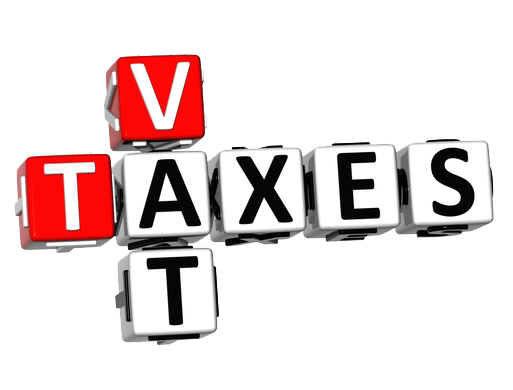UAE VAT
The UAE will implement five per cent value-added tax (VAT) from 7am on January 1, 2018, with a few goods and services zero-rated and exempted as part of the GCC-wide agreement.
Being an indirect tax on consumers, VAT will be applicable on most daily usage goods and services that residents consume, helping the government to boost its coffers to further improve infrastructure and offer better facilities.
What is VAT?
How it works?

Example:
| Steps in the supply chain | Sale price without VAT | VAT charged on sales | VAT reclaimed on purchases | Net VAT payable |
|---|---|---|---|---|
| Farmer sells Wool to manufacturer | AED 200 | AED 10 | AED 0 | AED 10 |
| Manufacturer makes sweaters and sells to wholesaler | AED 300 | AED 15 | AED 10 | AED 5 |
| Wholesaler sells to Retailers | AED 400 | AED 20 | AED 15 | AED 5 |
| Retailer sells to the customers | AED 500 | AED 25 | AED 20 | AED 5 |
Overview-Basic Concepts
Place of Supply - Goods
Place of Supply - Goods
Place of Supply - Services
Rate of VAT in UAE
Registering for VAT
.png)
Persons Liable to Pay VAT
Reverse Charge Mechanism(RCM)
Treatment of Imports
Treatment of Exports
Compliance Requirements under VAT

Calculation and Reporting of VAT
Penalties
Preparation For Companies
Services Offered
Documents and information required for VAT Registration in the UAE:
FAQ ON VAT-UAE
What is VAT?
When will VAT be implemented in UAE?
Who is required to register for VAT in UAE?
Will everything be taxed?
What will be exempt from the tax?
What will be taxed?
Will VAT be a cost to the business?
Will it affect prices/margins?
Do I need to start preparing for VAT? What should I be doing now?